SP's Aviation - ISSUE No 05-08
Previous Issue Next Issue

SP Guide Publications puts forth a well compiled articulation of issues, pursuits and accomplishments of the Indian Army, over the years

"Over the past 60 years, the growth of SP Guide Publications has mirrored the rising stature of Indian Navy. Its well-researched and informative magazines on Defence and Aerospace sector have served to shape an educated opinion of our military personnel, policy makers and the public alike. I wish SP's Publication team continued success, fair winds and following seas in all future endeavour!"

Since, its inception in 1964, SP Guide Publications has consistently demonstrated commitment to high-quality journalism in the aerospace and defence sectors, earning a well-deserved reputation as Asia's largest media house in this domain. I wish SP Guide Publications continued success in its pursuit of excellence.

India is home to 53 billionaires and 1,00,000 millionaires. The high spending power has engineered a shift away from just owning a business aircraft to having a custom built one—with personalised colour schemes and embellishments.

Despite the excellent outlook for Indian business aviation, it faces daunting challenges. The problems are likely to get worse before they get better. Once the bottlenecks are removed, the sector can only soar.

Flashbulbs popped and gasps of admiration punctuated the air as a Cessna Citation CJ2+ Business Jet touched down at Hosur airfield in the south of Bangalore on May 3.
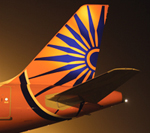
Airlines do not seem overly perturbed by the impact of cost cutting on safety, perhaps because safety is not tangible. However, there is a need to exercise a degree of cost management.
A cautious mix of optimism and pragmatism emerged in a quickfire round SP’s directed at the contestants in the race for the MMRCA deal. Of the six frontrunners, three were forthcoming with their views.
Indian forces already have a culture of extending the life of their equipment but it is the defence industry that needs to come up with upgrade proposals.

Before the Wright brothers, no one in aviation did anything fundamentally right. Since the Wright brothers, no one has done anything fundamentally different.—Darrel Collins, Kitty Hawk National Historical Park.
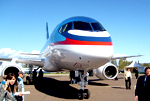
With the successful maiden flight of the 98-ft long Sukhoi Superjet 100 on May 19, the aircraft is on course to enter service by end-2008 or early-2009.

According to Bombardier’s latest market forecast, growth in non-US markets is expected to drive the business jet deliveries to 1,320 annually between 2008 and 2017, compared with the industry average of 620 in the period from 1998 to 2007.

Birth, growth and maturity make for a complete cycle in any development process. So even as business aviation takes India by storm, harsh ground realities demand a closer inspection and a blast from the past reminds us from where it all started.
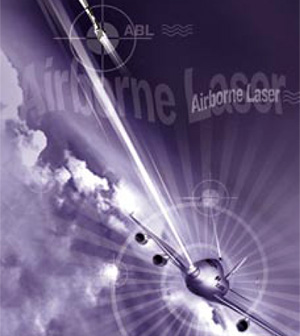
The Airborne Laser (ABL), under development by the US Missile Defence Agency and the industry team Boeing, Northrop Grumman and Lockheed Martin, is making tremendous progress towards providing a rapidly deployable and quick-reaction capability to destroy ballistic missiles in their boost phase of flight, or shortly after they are launched.
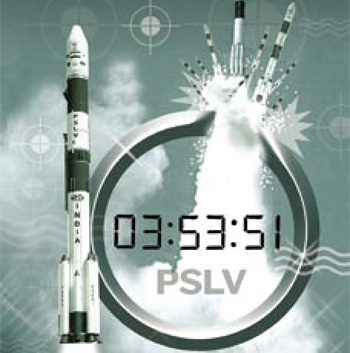
On April 28, an Indian Polar Satellite Launch Vehicle (PSLV) successfully launched 10 satellites. The 44-m long rocket lifted off from the second launch pad at the Satish Dhawan Space Centre at 03:53:51 GMT (09:24 local time) and reached a polar, Sun-synchronous low Earth orbit a little over seven minutes later.
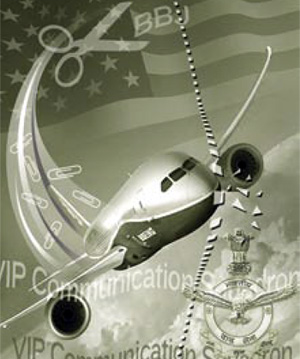
Even though it has not officially collapsed, the stalled Indo-US nuclear deal has apparently begun doing collateral damage to the relationship between the two countries. In June 2008, Prime Minister Manmohan was due to get an Air Force One of his own—a Boeing Business Jet equipped with a Rs 202-crore ($50.2 million) Special Protection Suite (SPS) to ward off attacks by shoulder-held heat-seeking missiles.

With all the six contenders having submitted their responses to the RFP for India’s MMRCA deal, the race enters the next stage of technical and commercial evaluation.
The government would have to ensure smooth and time-efficient selection process for the MMRCA project if it wants to stop further bleeding of the IAF’s Op Potential

The nation is well aware of the price that has been paid in terms of lives and aircraft lost in the last two decades owing essentially to enigmatic procrastination in the induction of the Hawk.